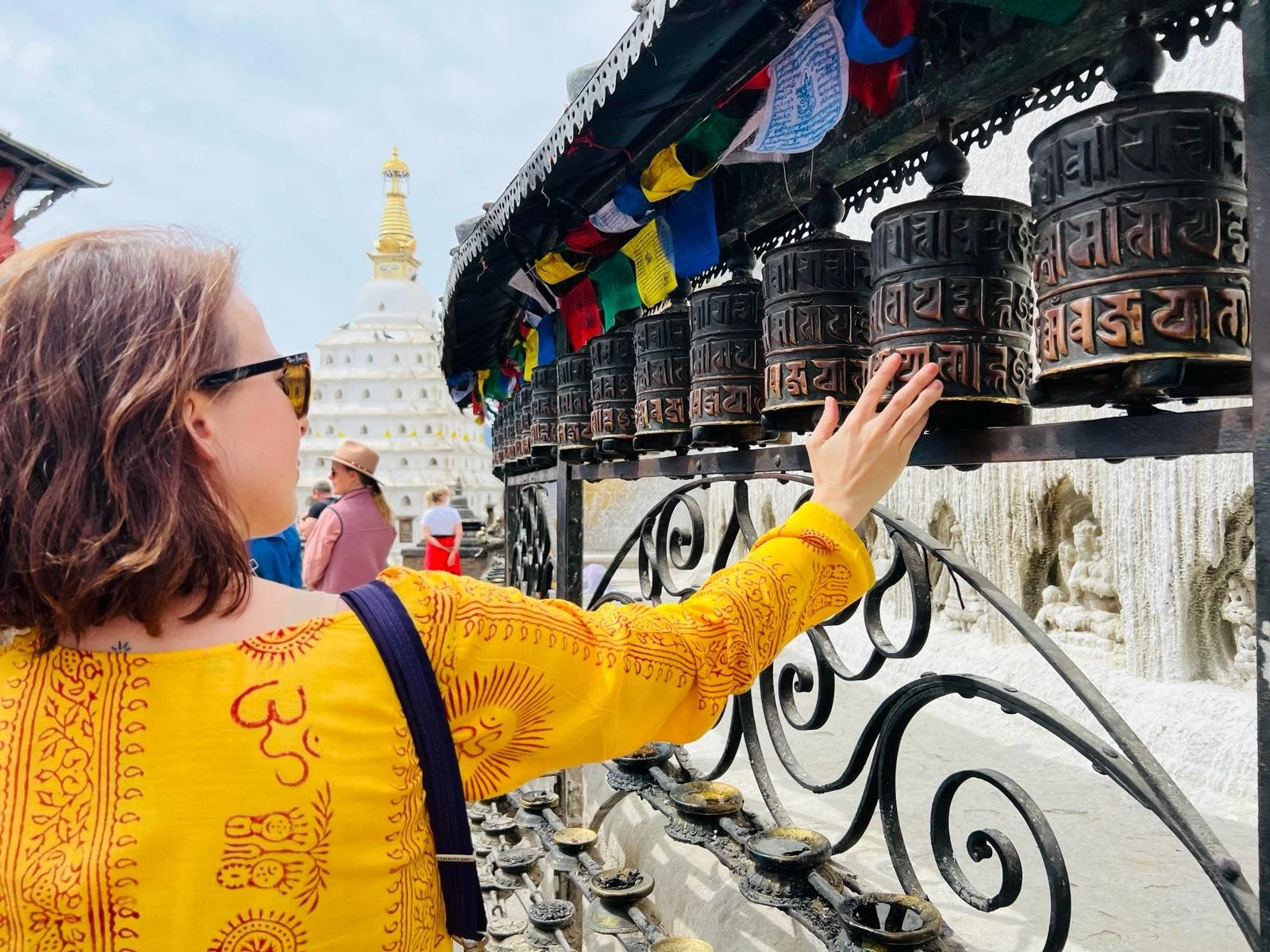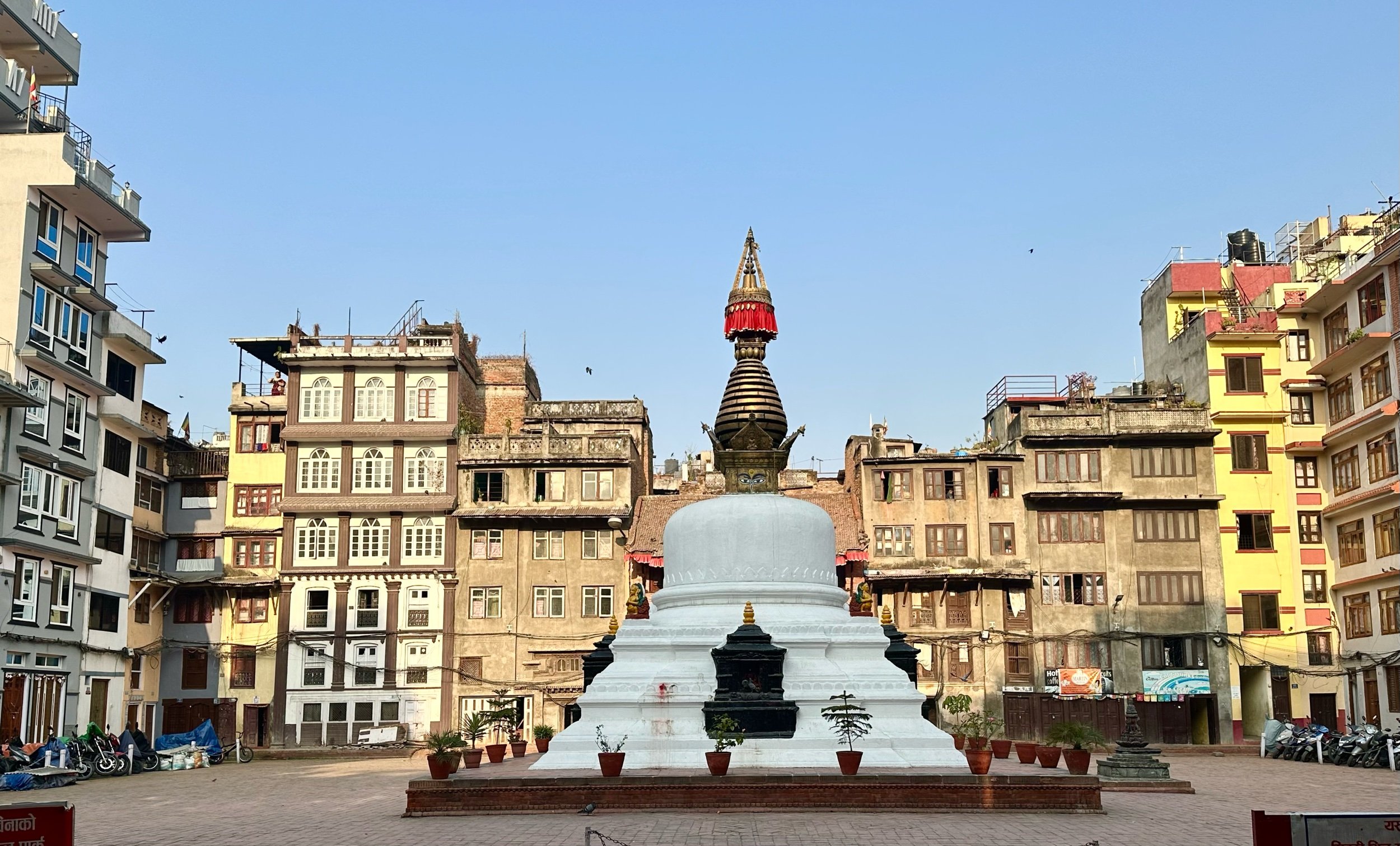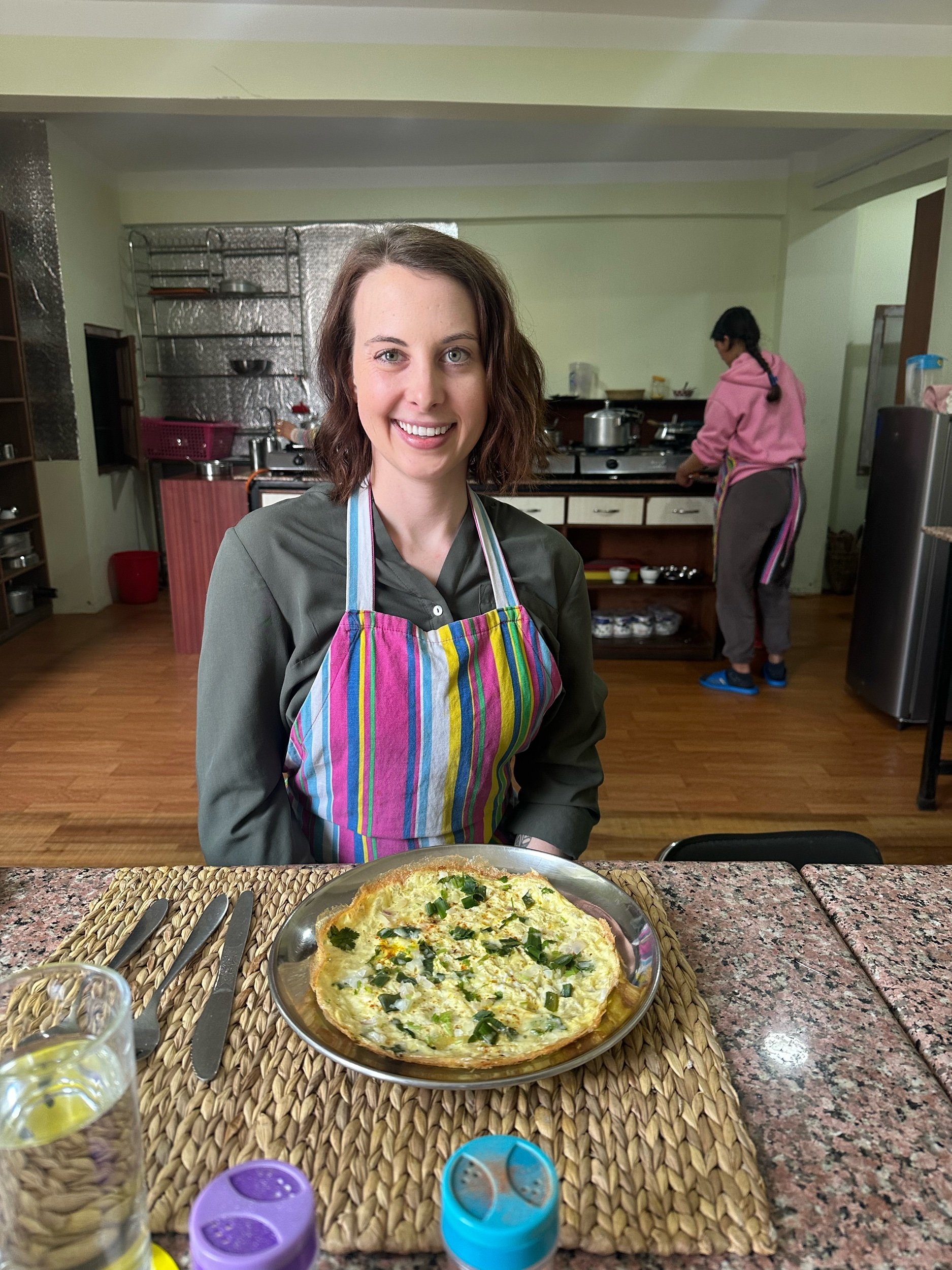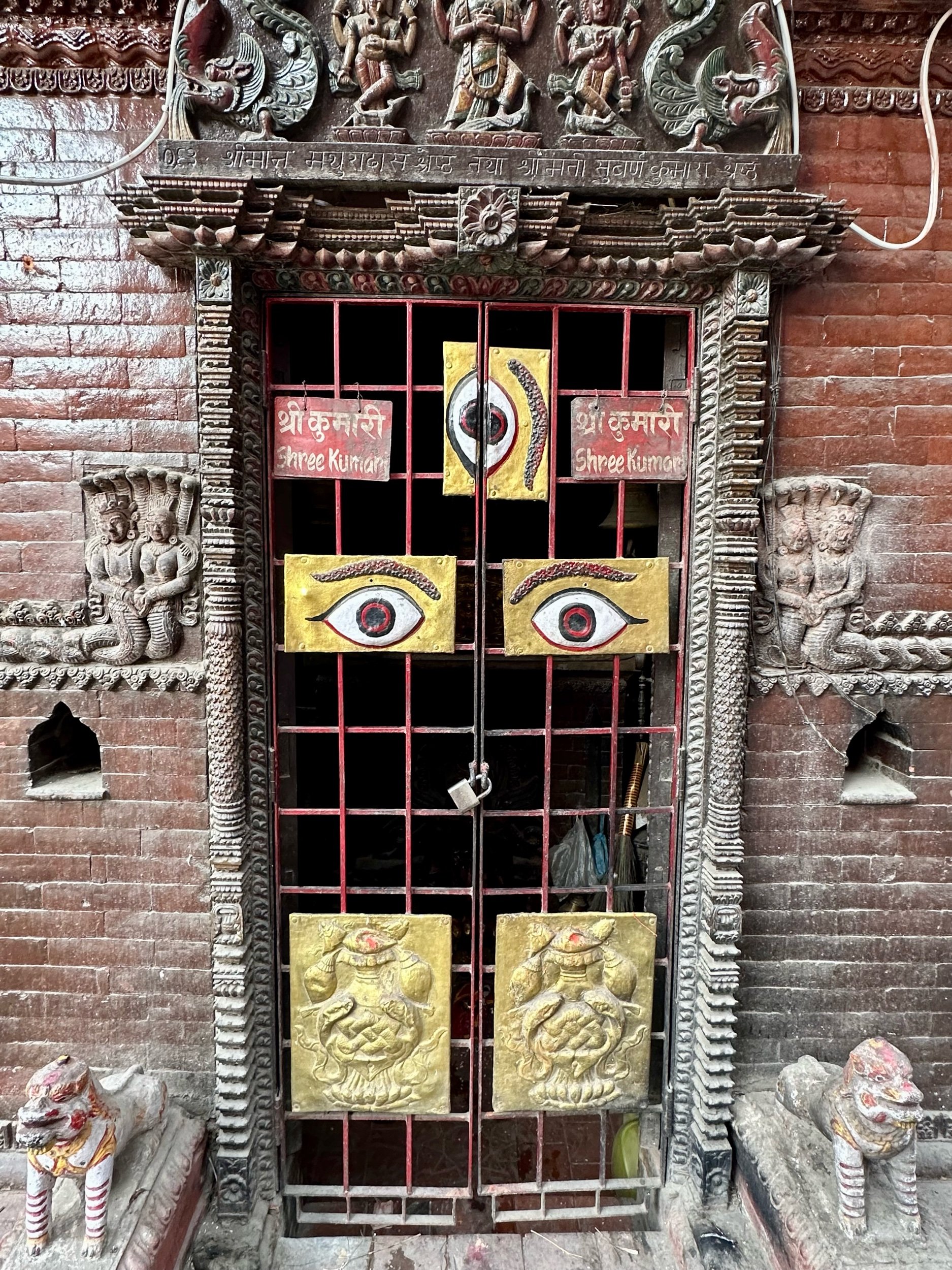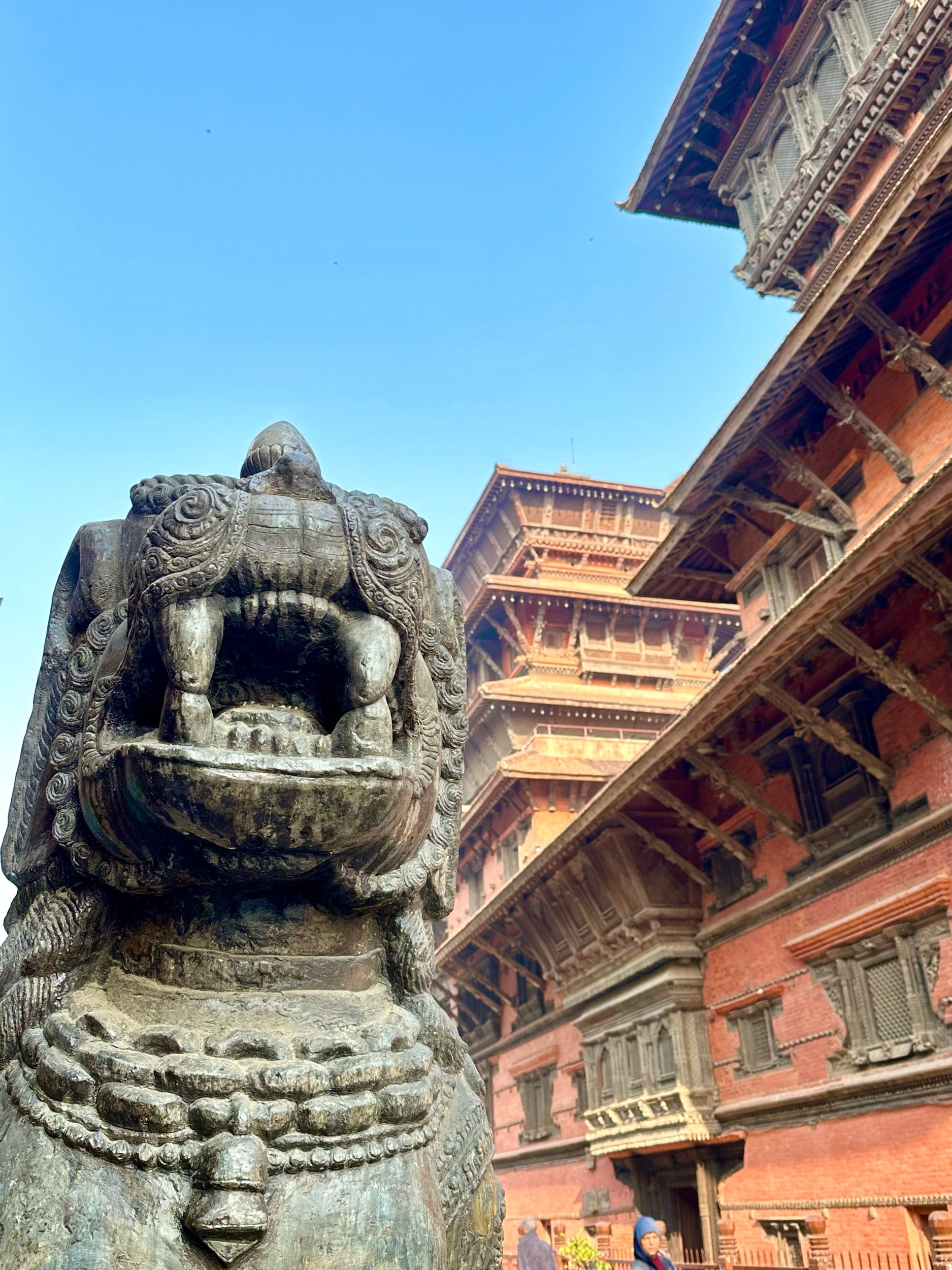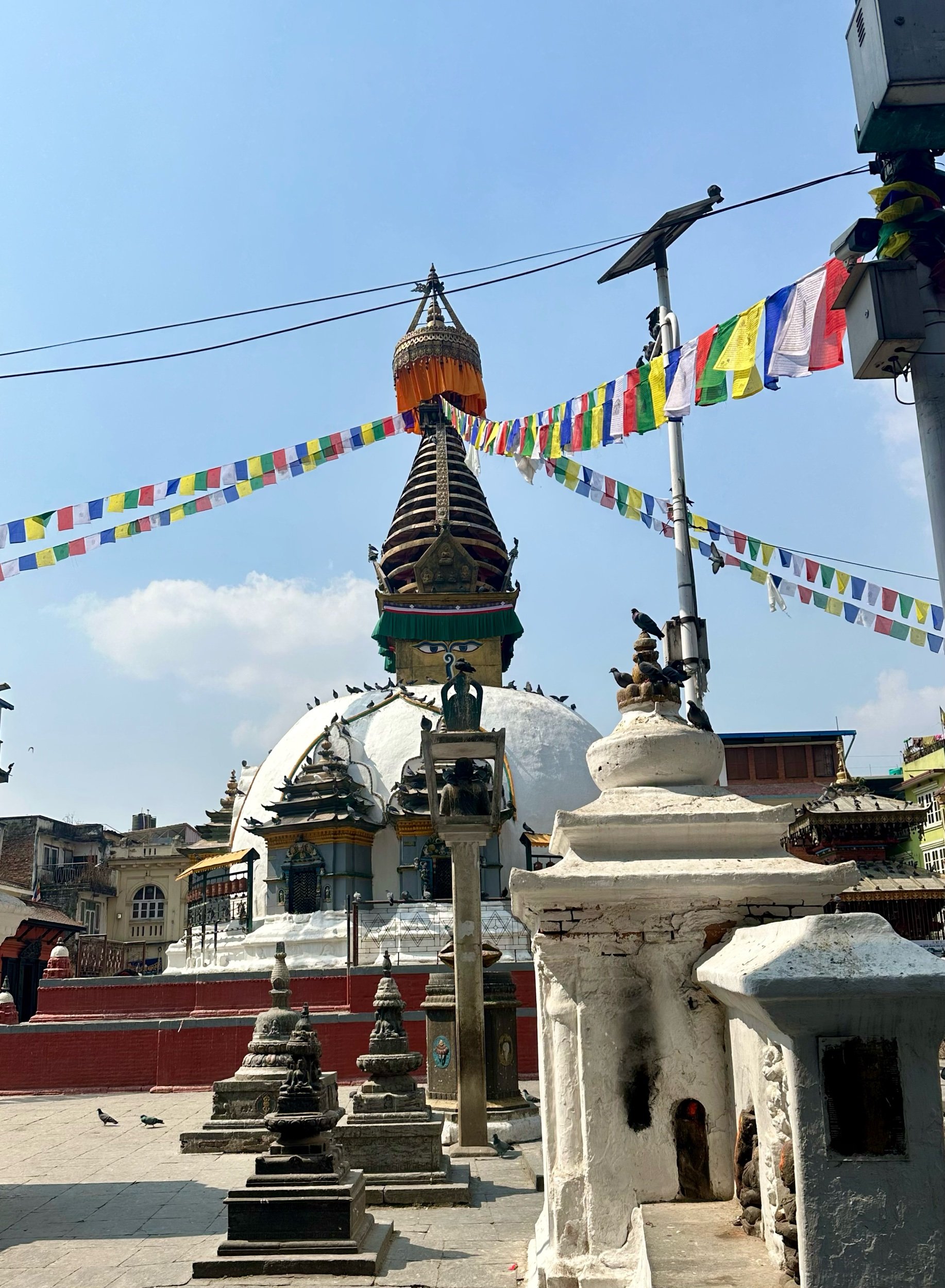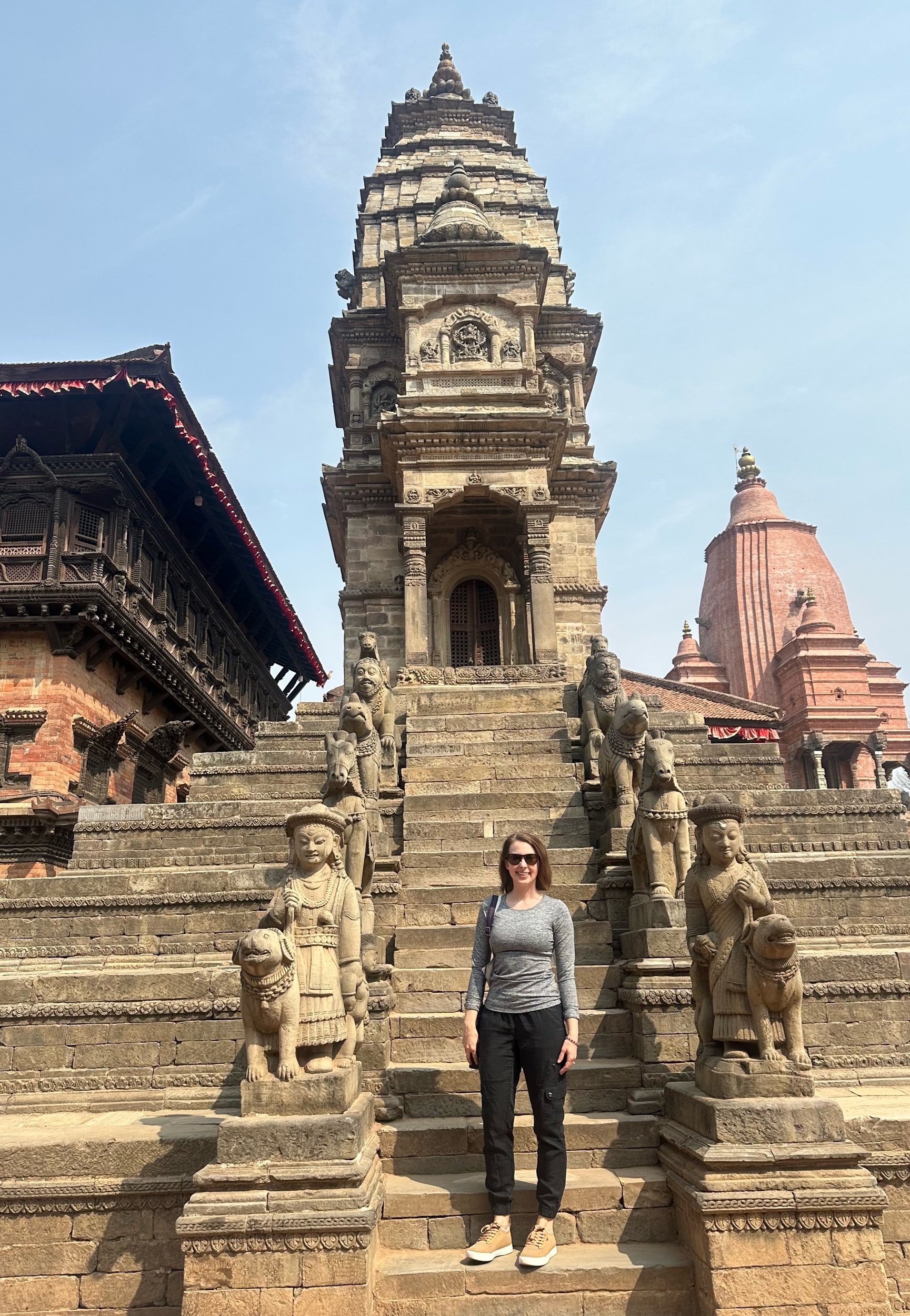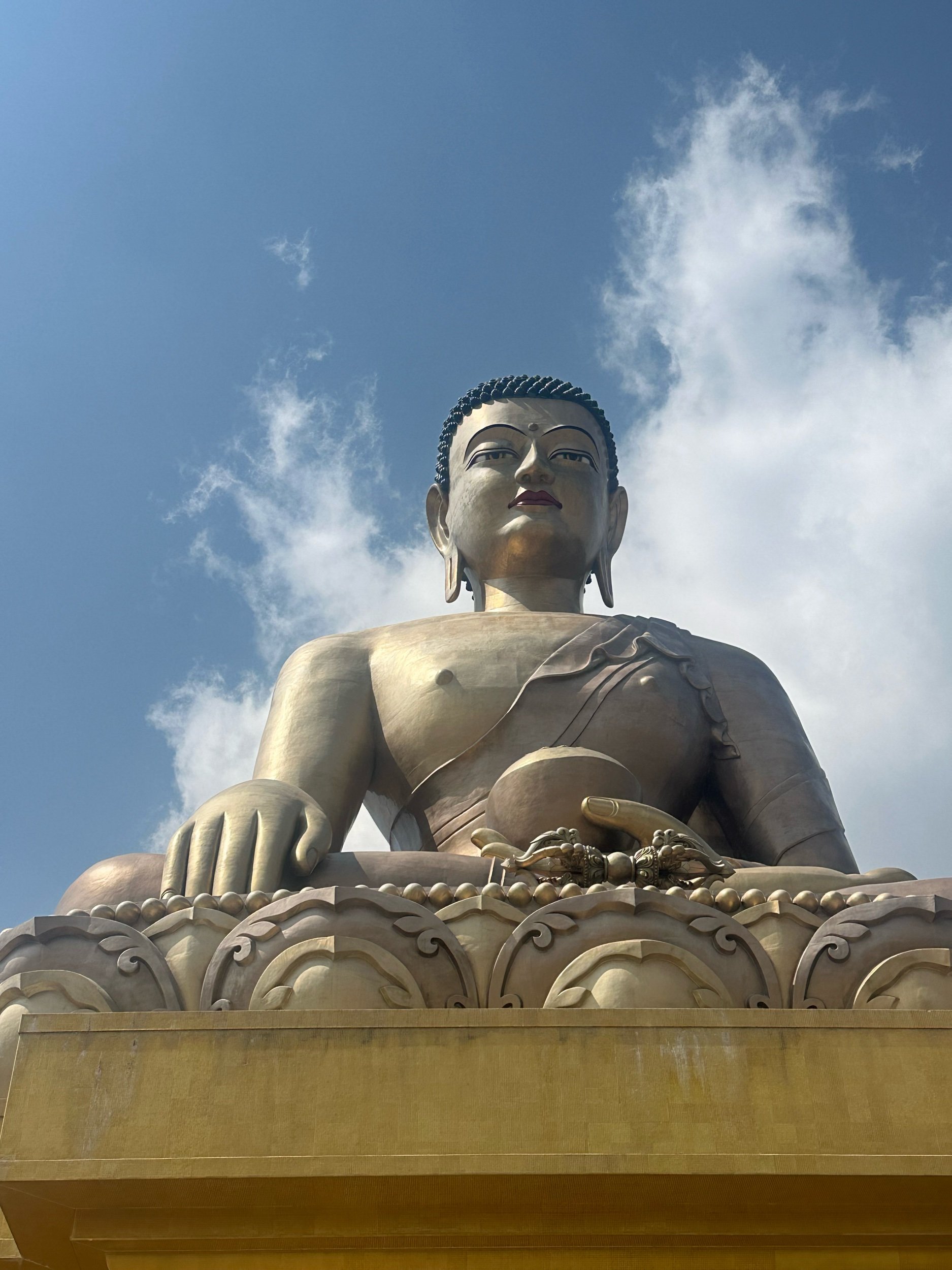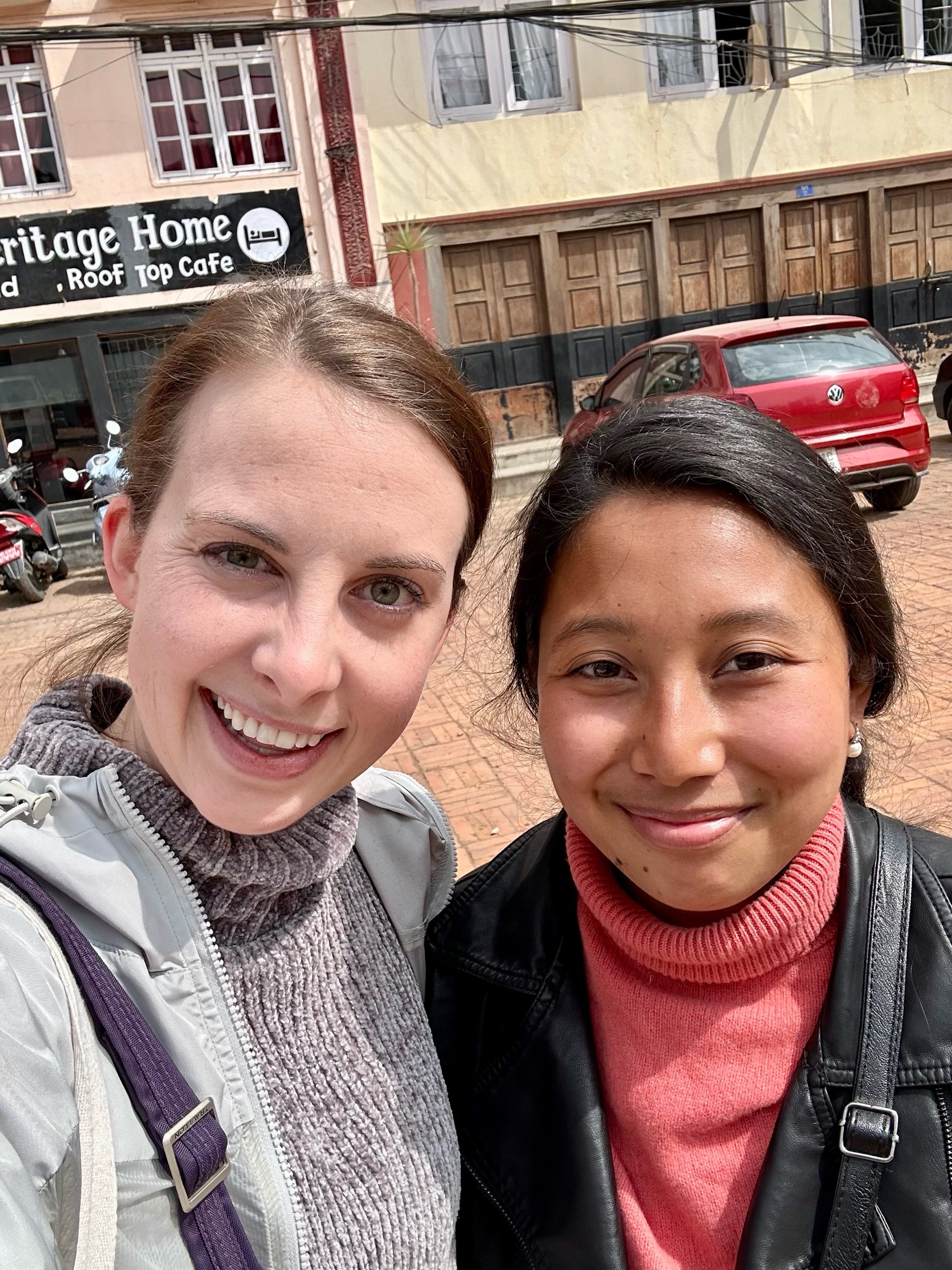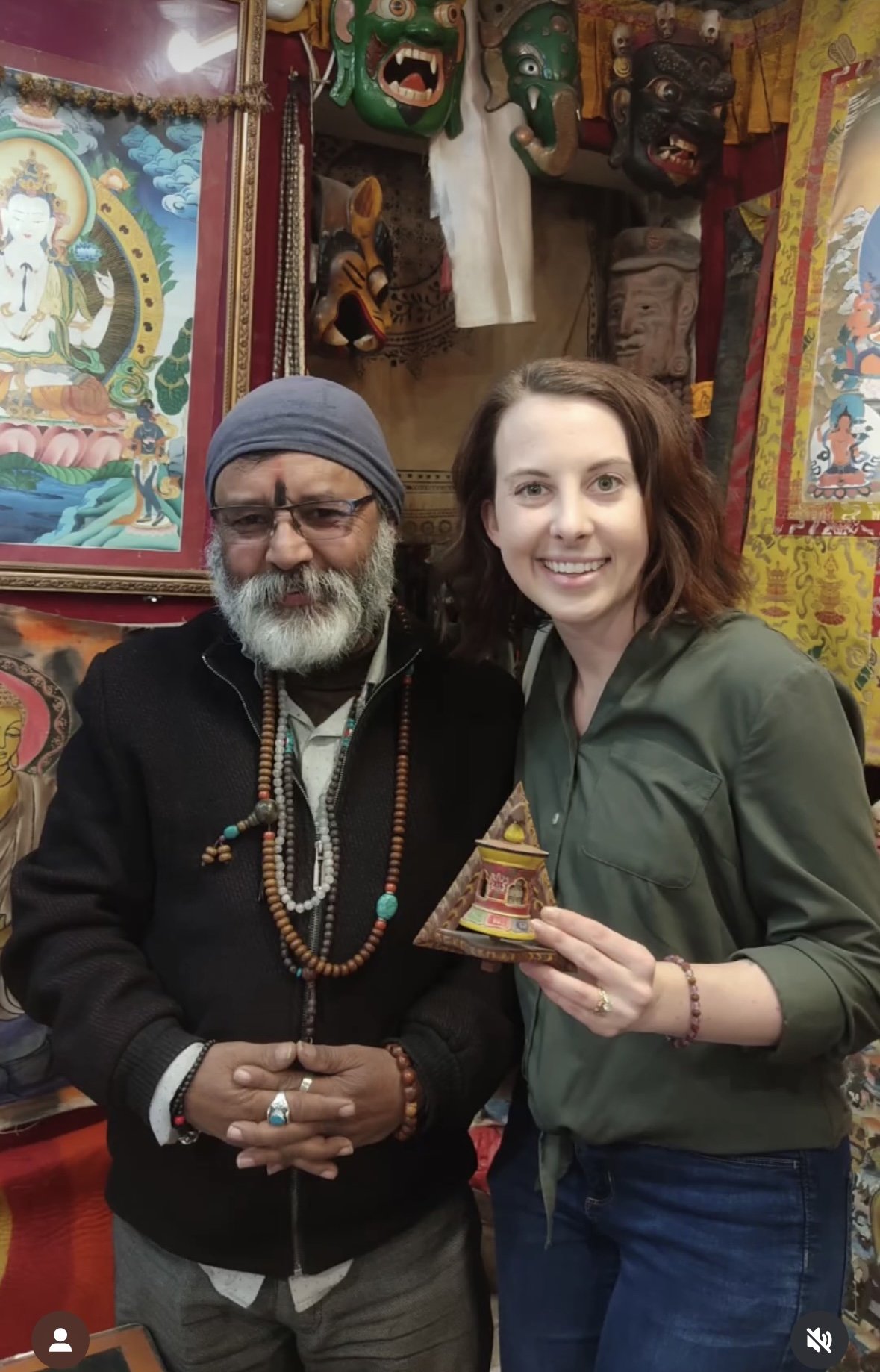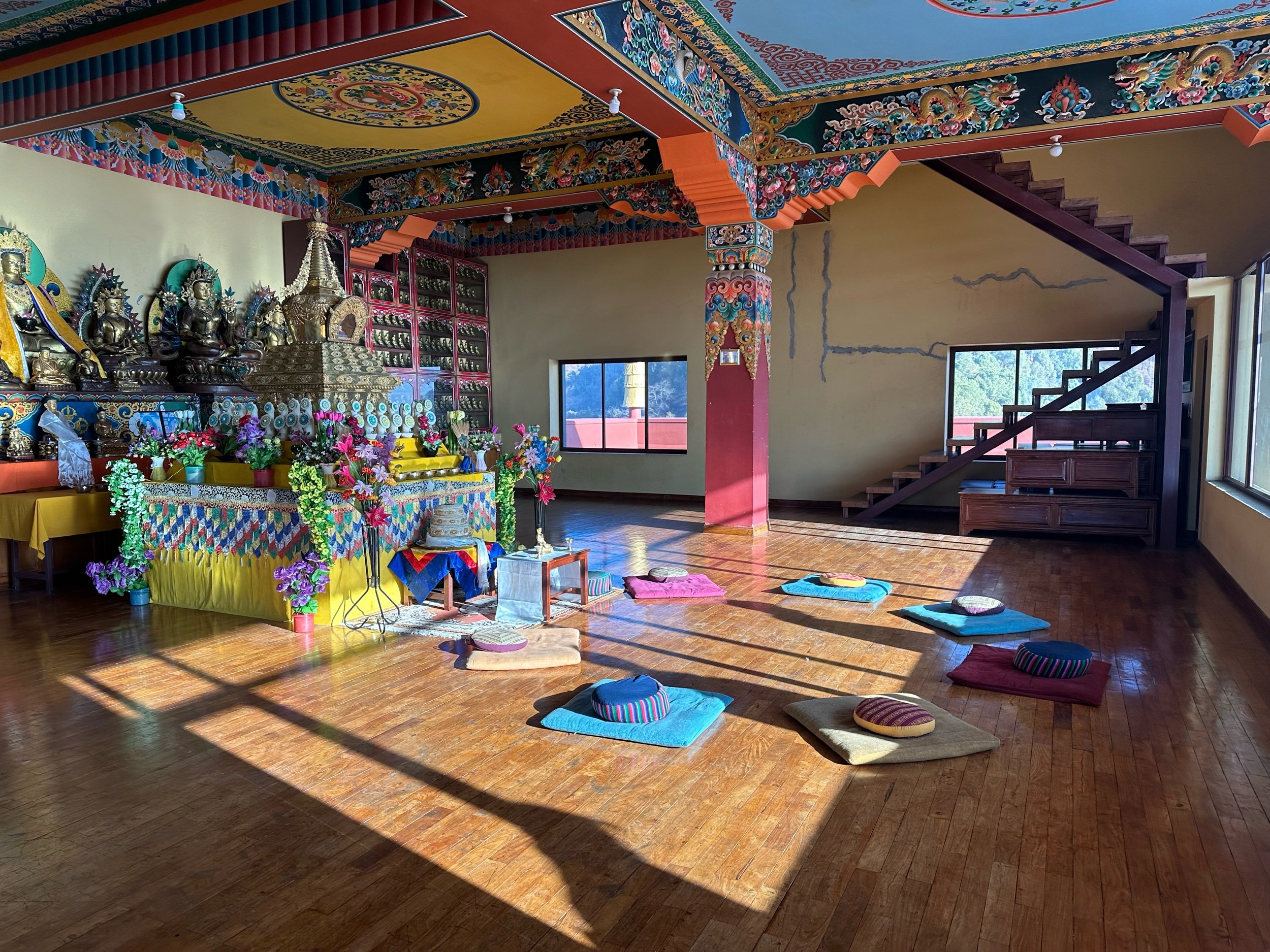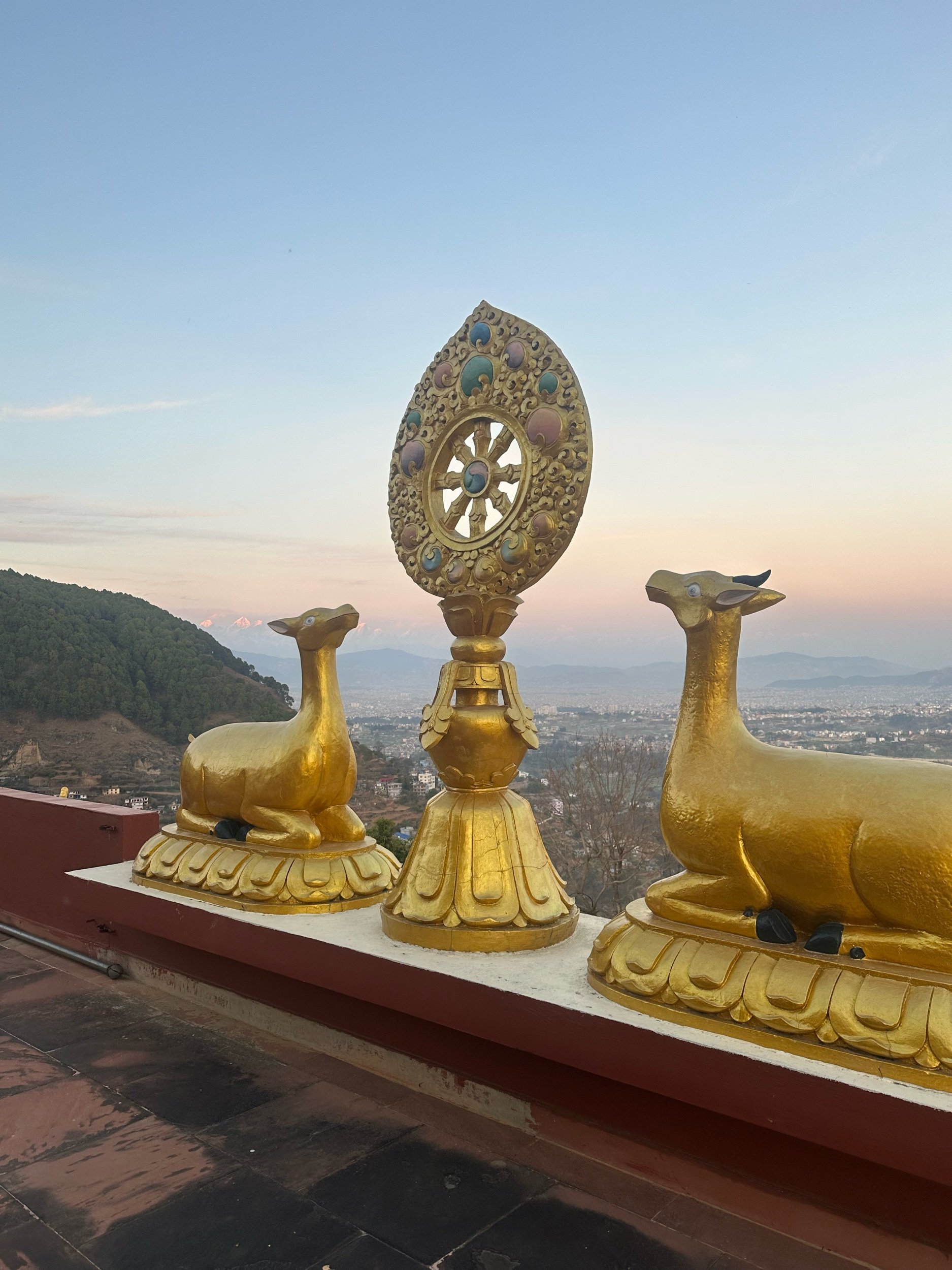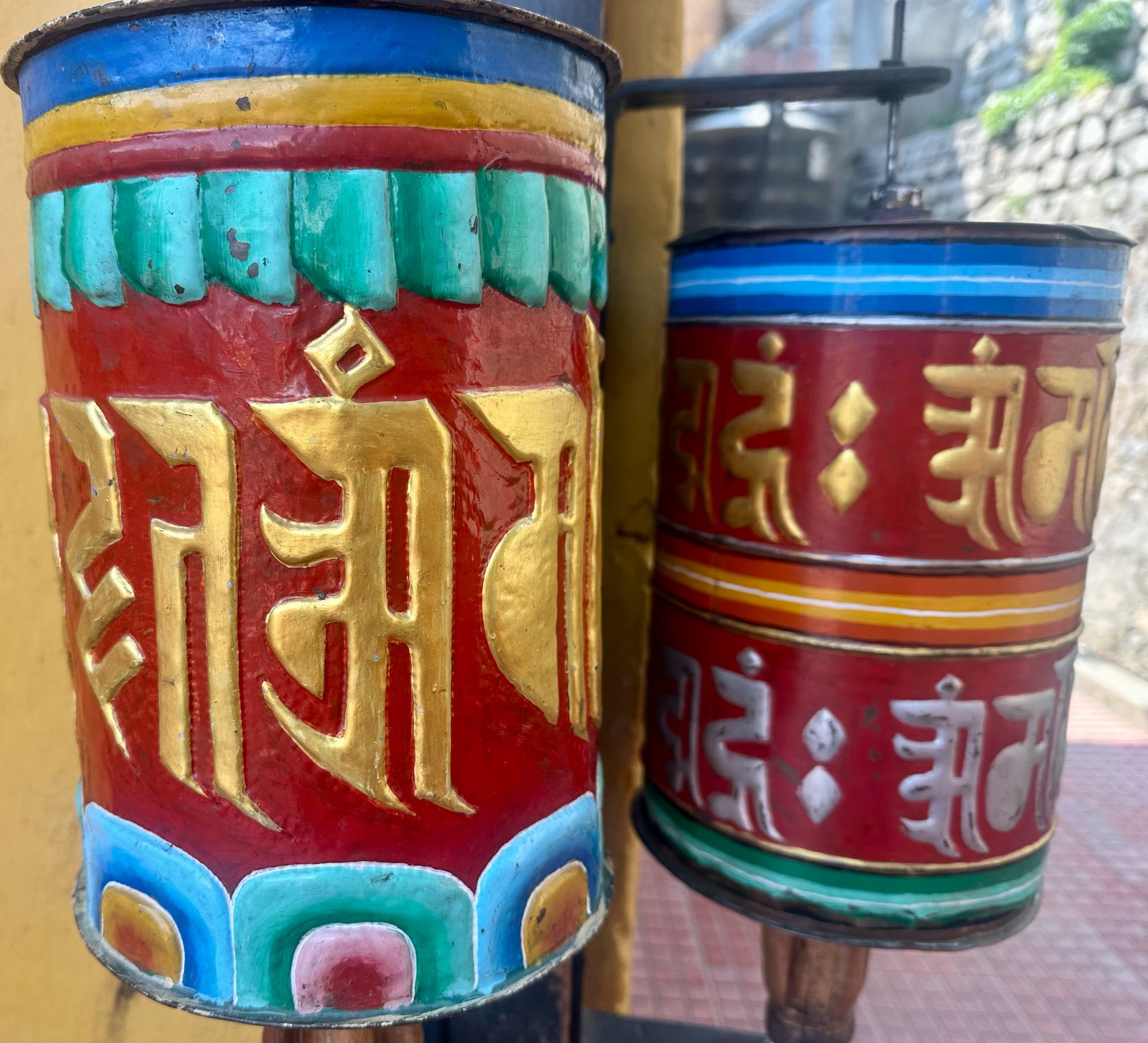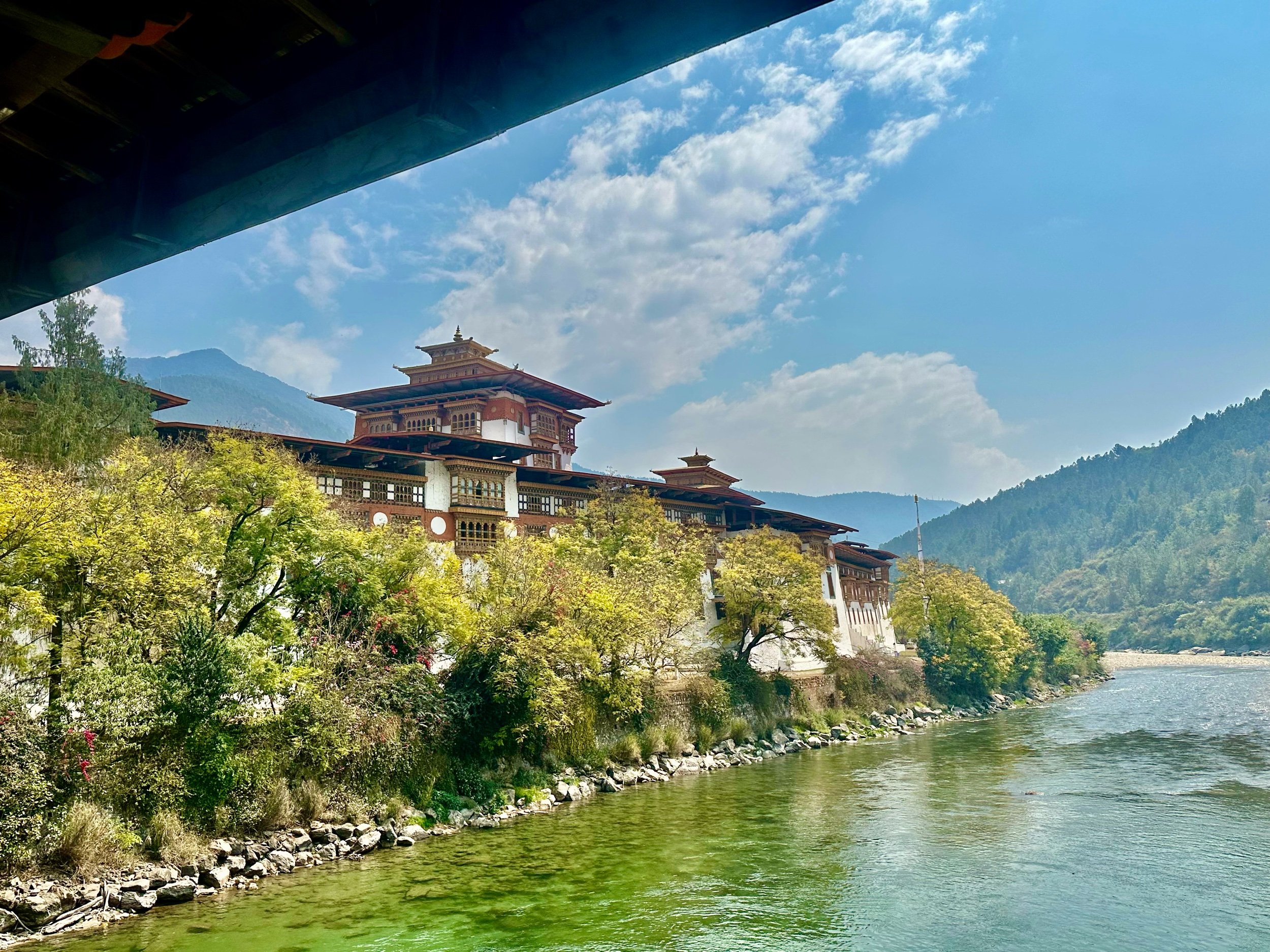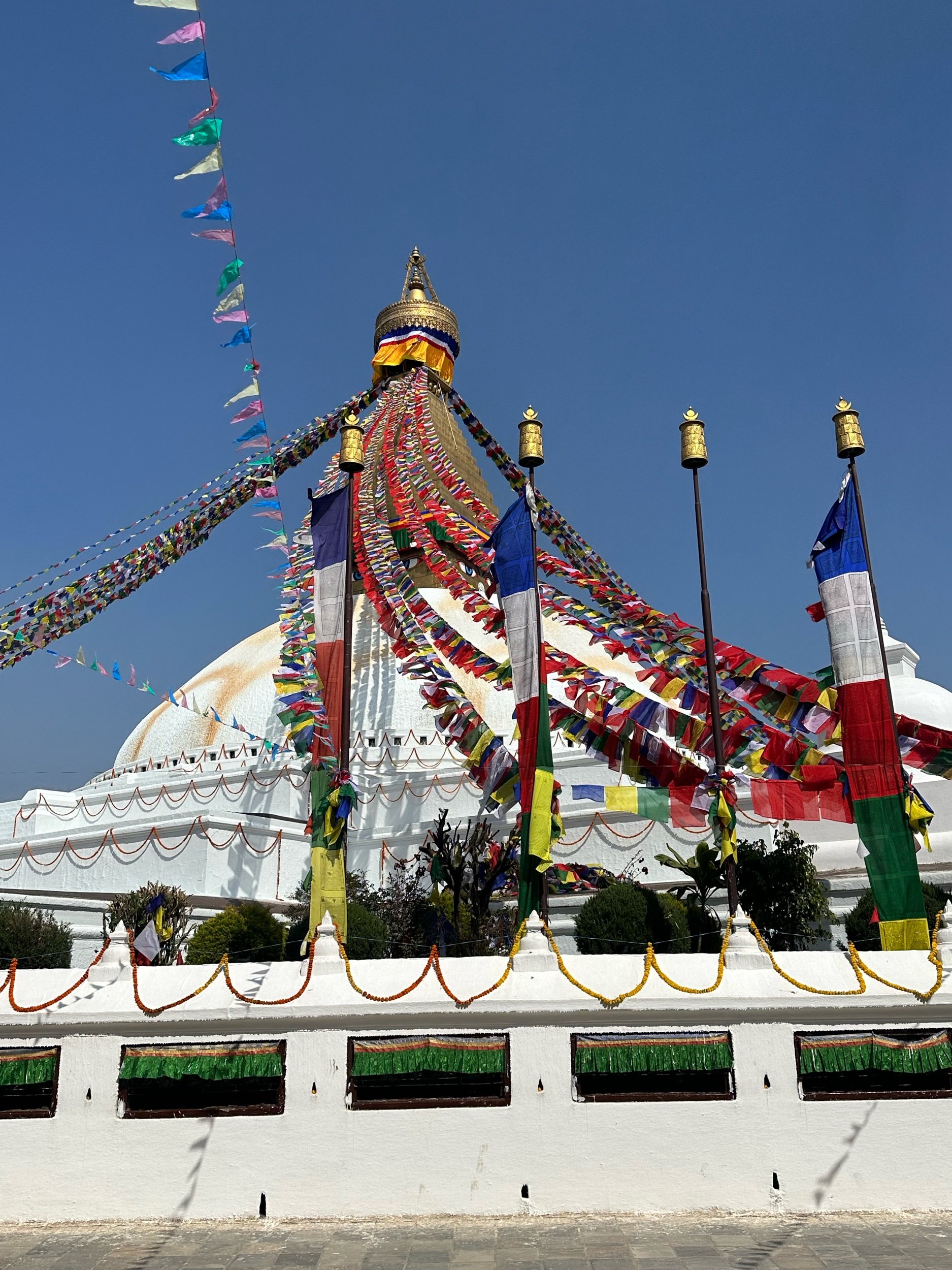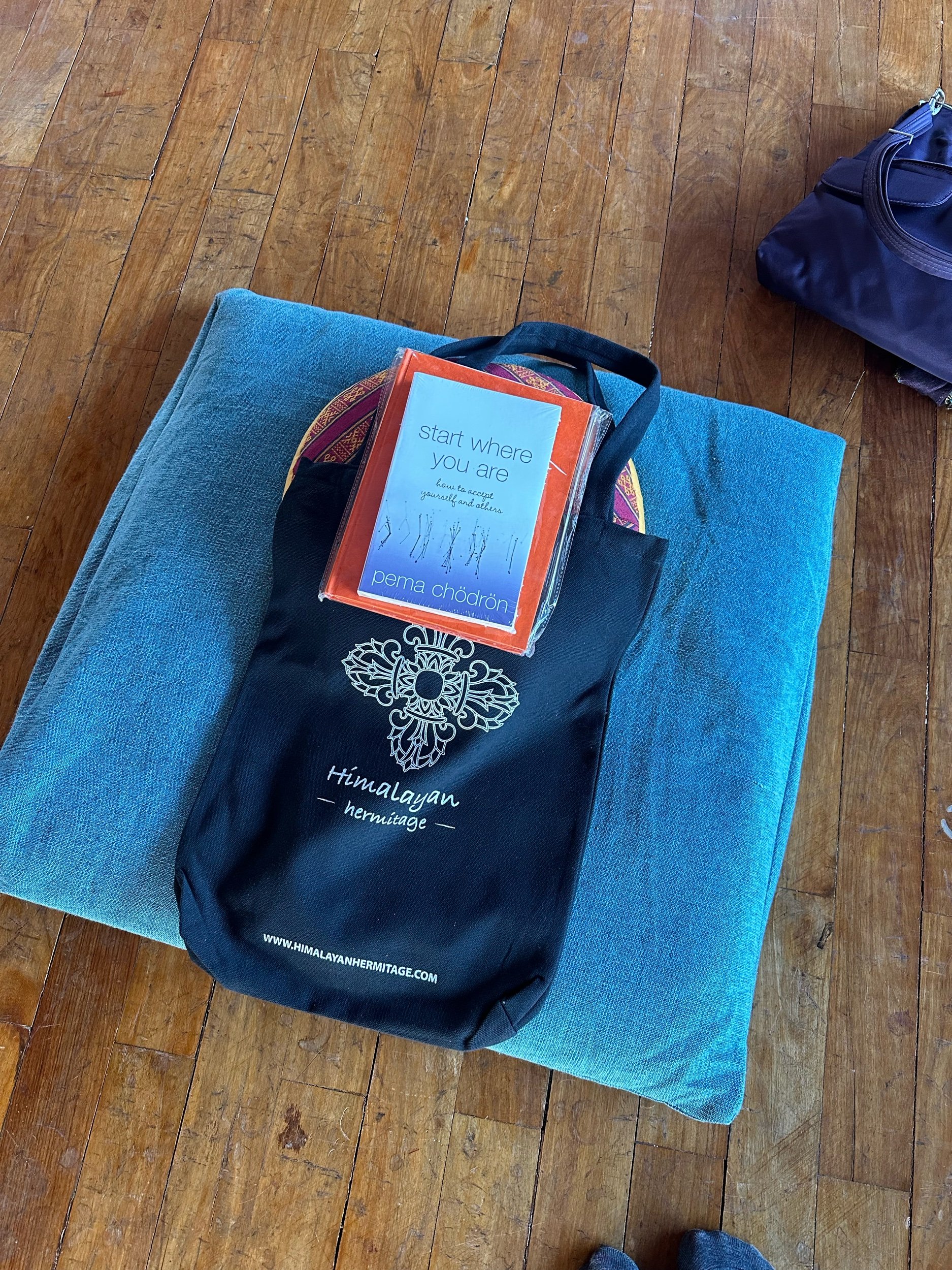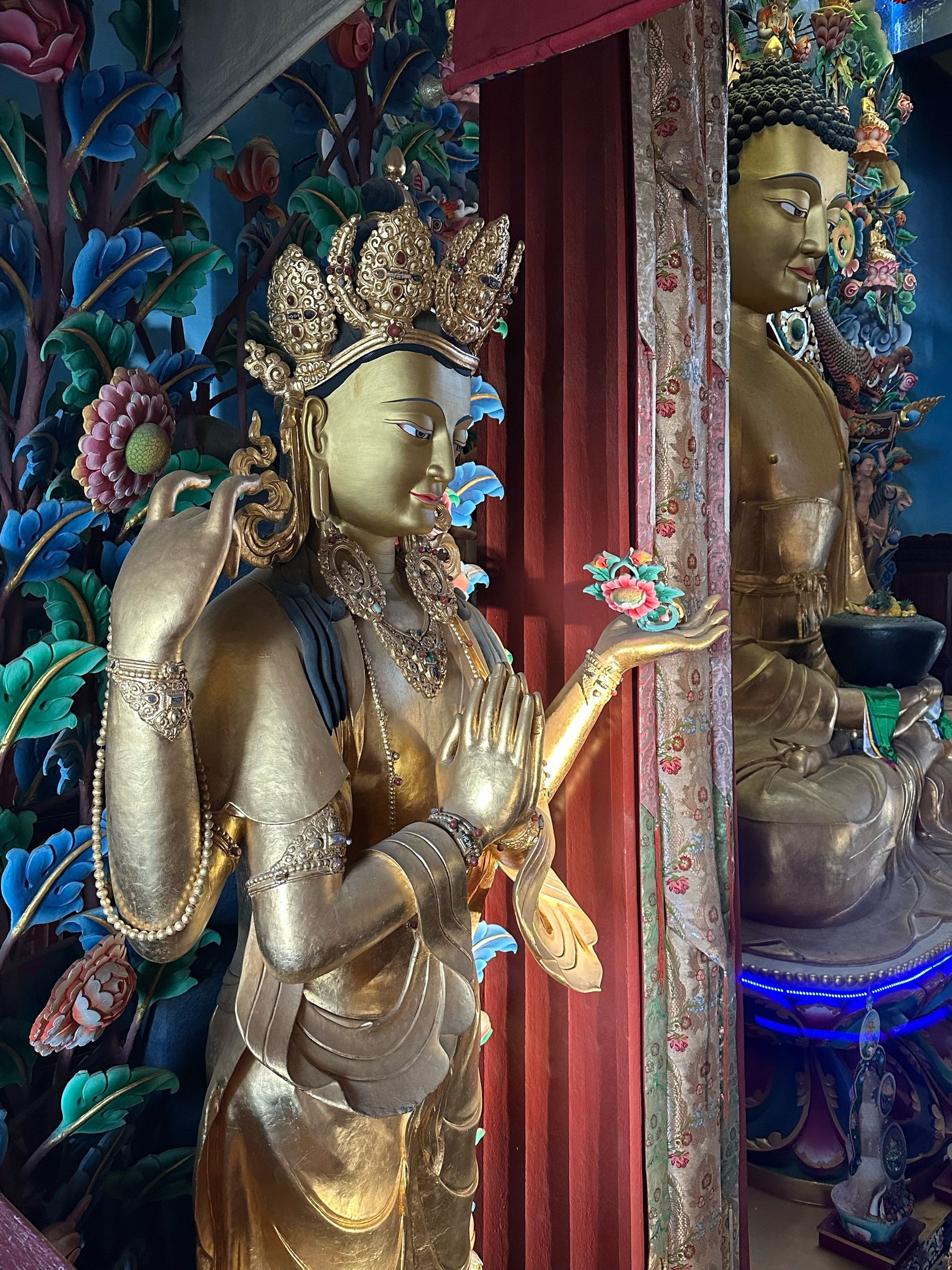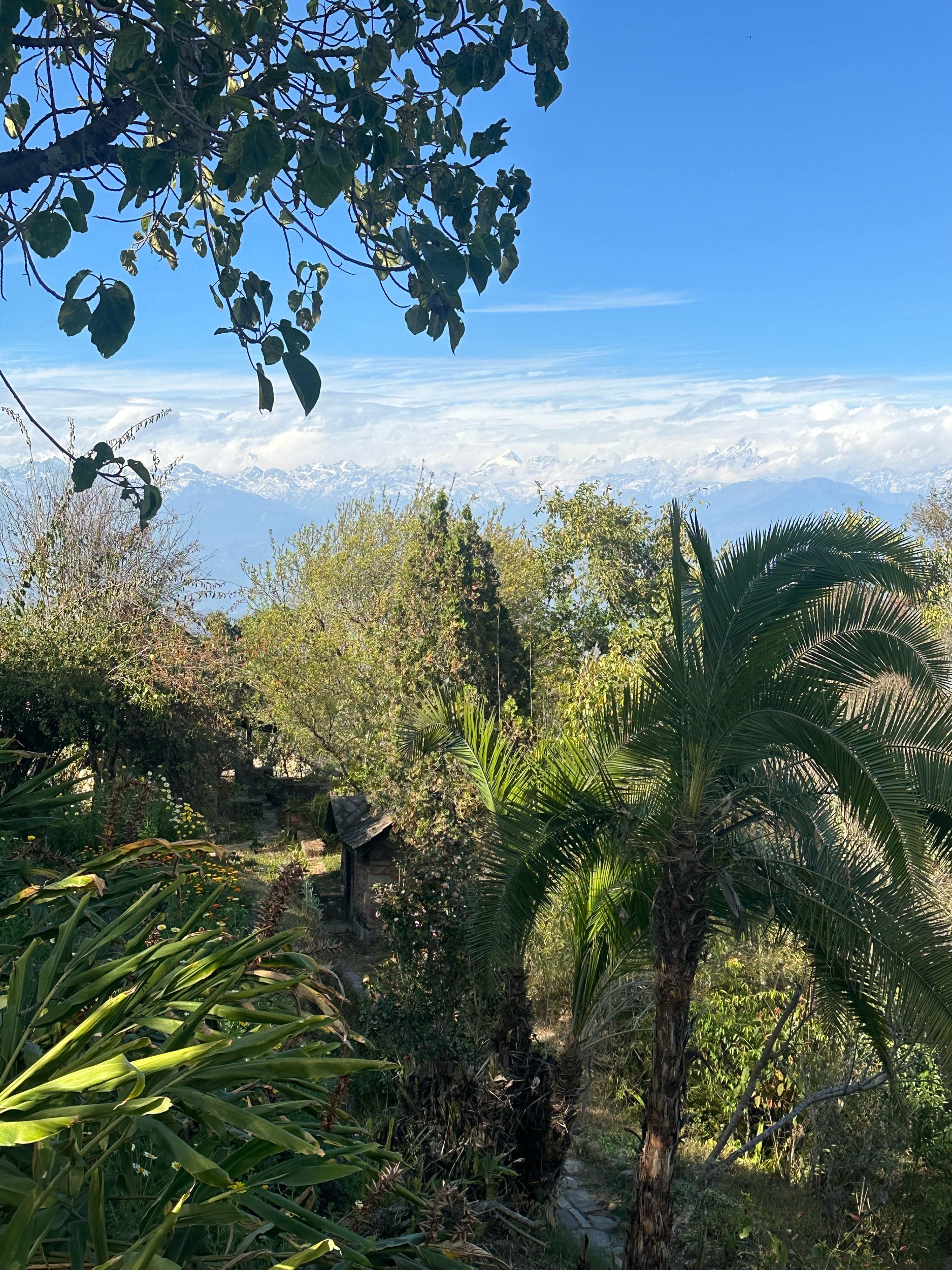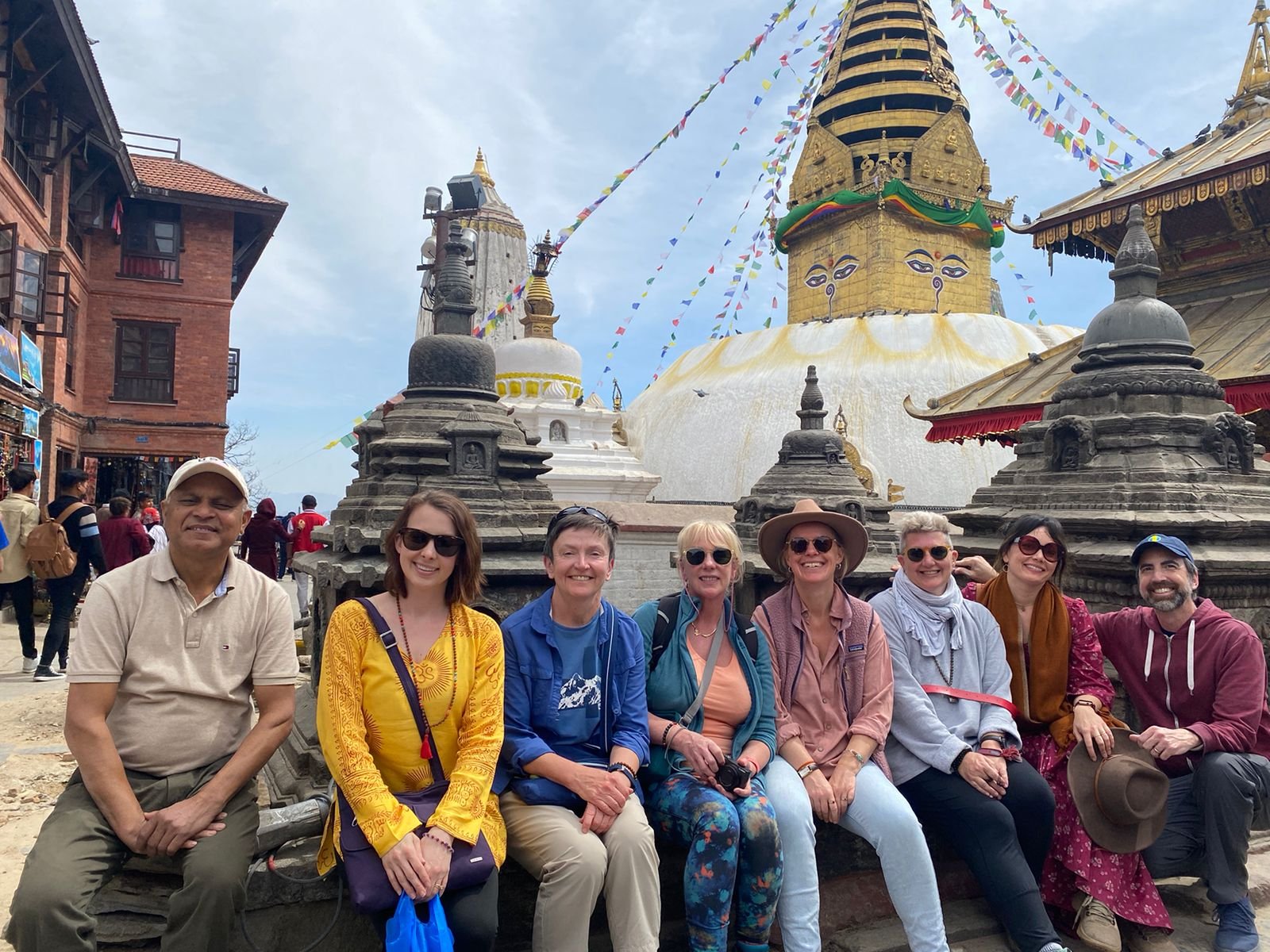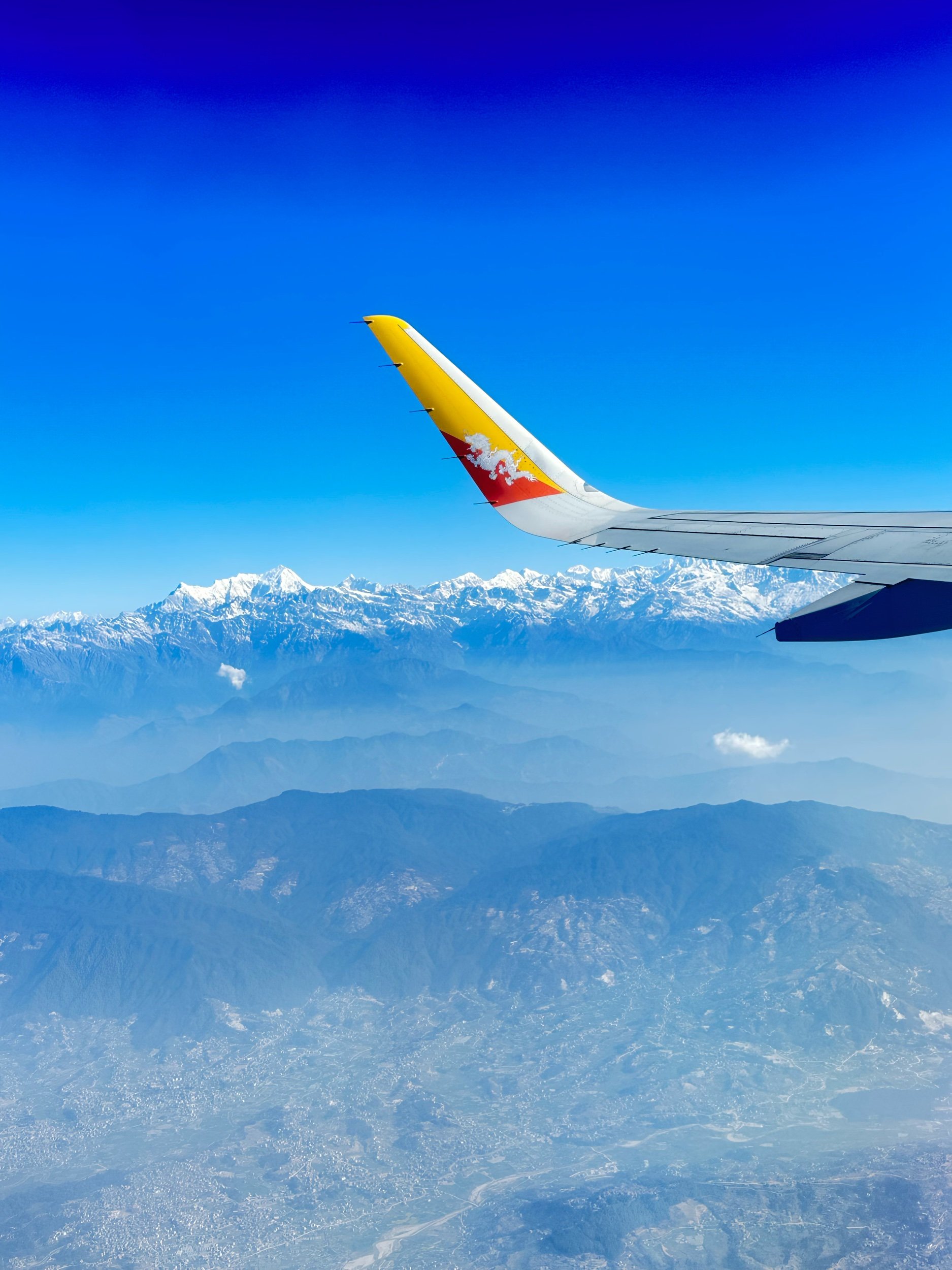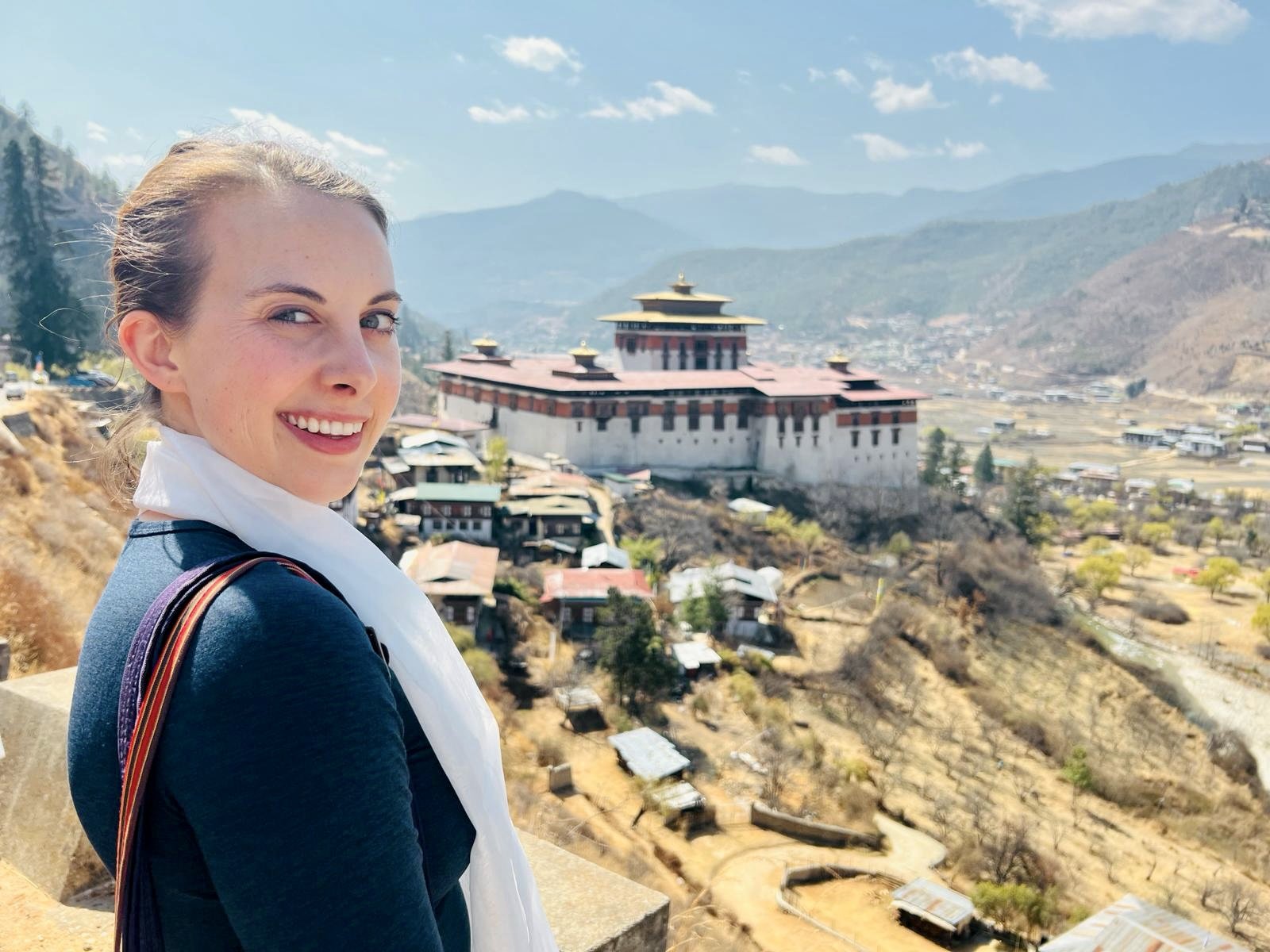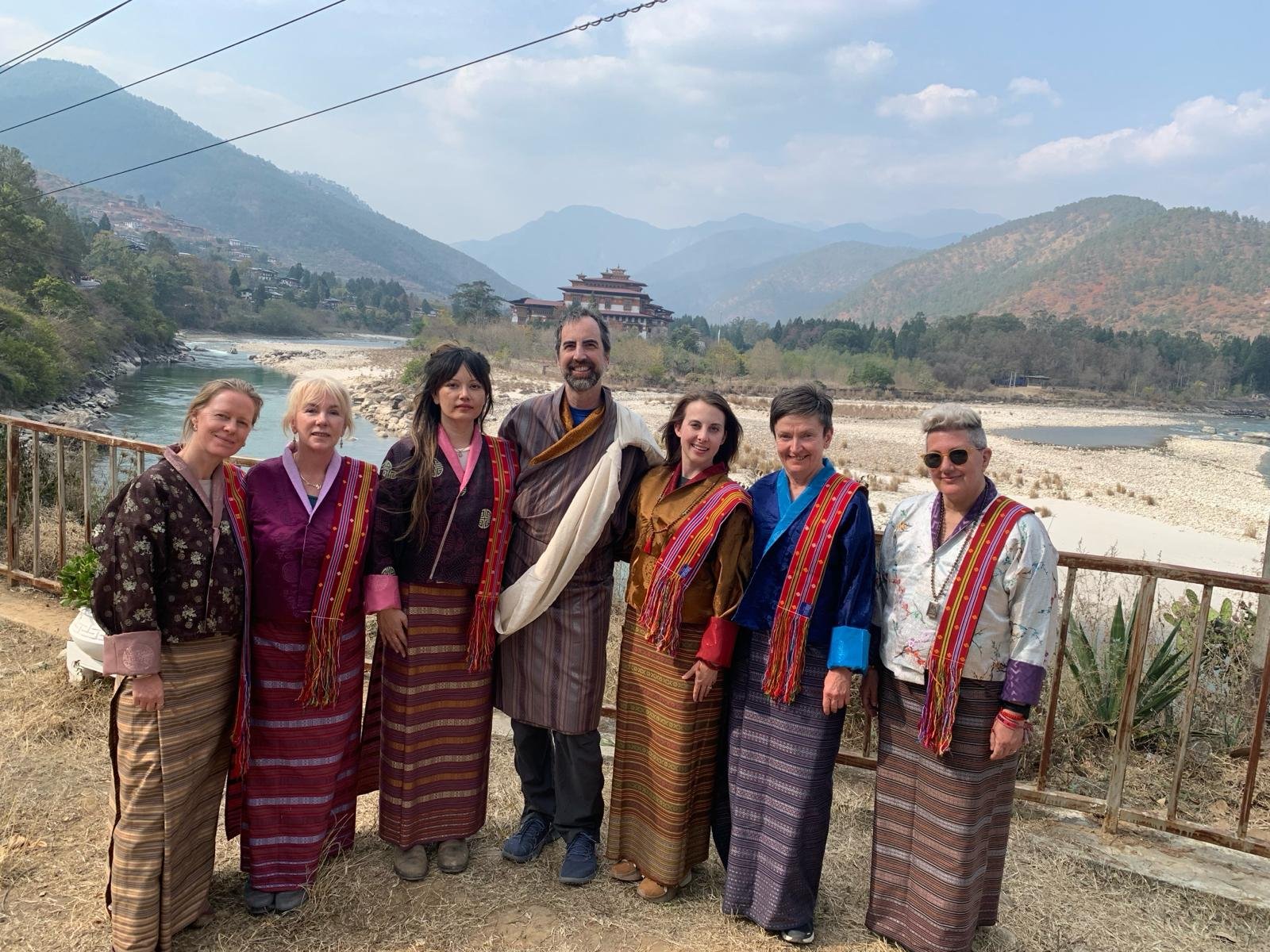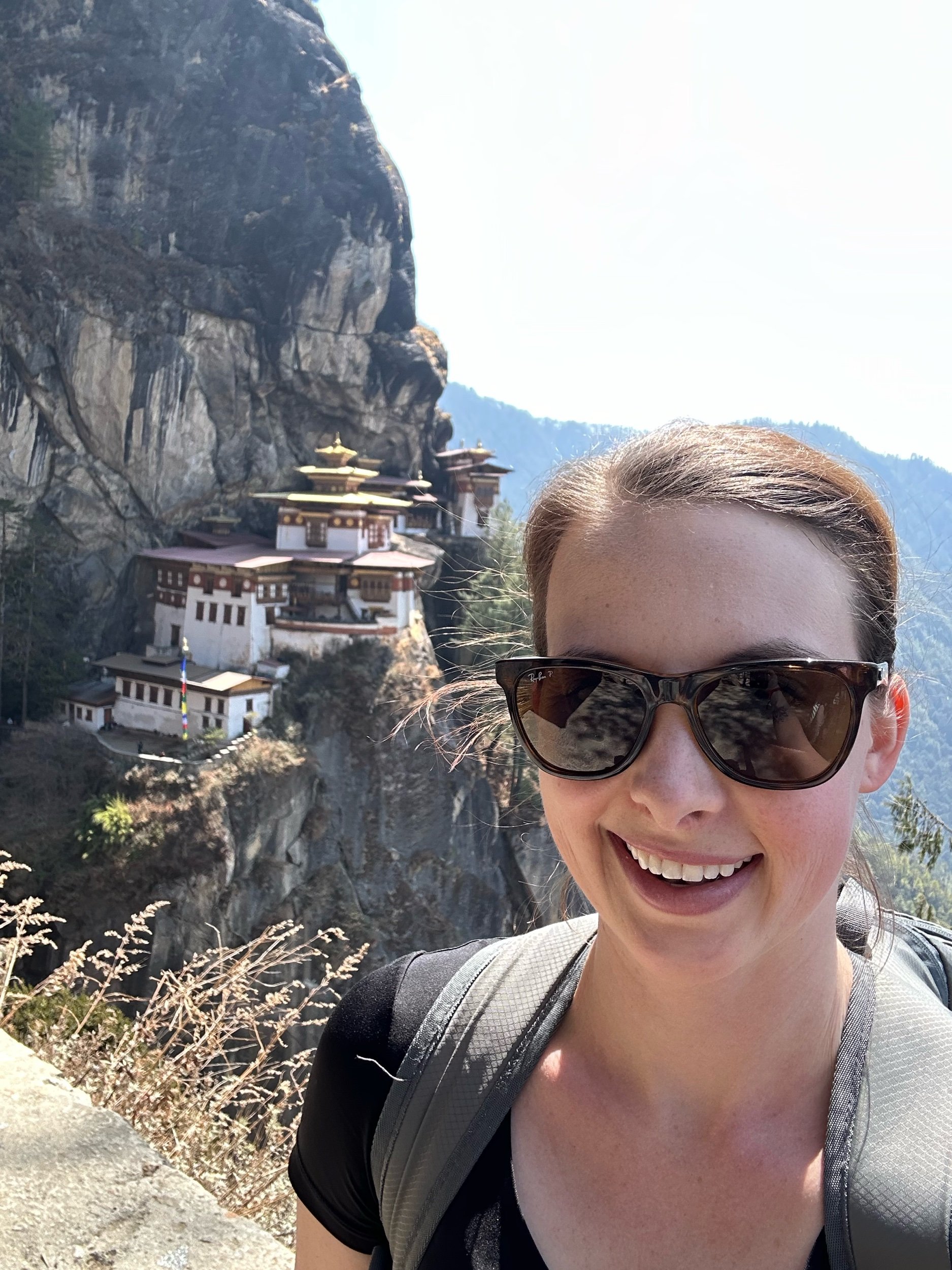Chapter 121: Train in the preliminaries
My recent trip was a life-changing experience. My last blog post came from my layover in South Korea, a few hours before I boarded my flight to Kathmandu, Nepal.
I traveled to Nepal on my own. Although I love traveling with family and friends, I find that the occasional solo journey is critical for my personal growth. Navigating the chaotic motorbike-filled streets of Kathmandu alone, submerged in a language I did not understand meant I was left with nothing but my physical body and my own exhausting thoughts as travel companions. If you are scared to be alone with your own mind- this kind of trip is full on exposure therapy and I highly recommend it.
My mind told me many lies before I started this journey. It wouldn’t shut up – What are you thinking? You’re way too busy to spend three weeks on yourself. It’s too expensive. Your family needs you. You’re not healthy enough. You’re not strong enough. You’ll be in the Himalayas and the elevation might just kill you. If not that, surely you’ll be bitten by a creature carrying rabies or get hit by a motorbike.
I told my mind to take a hike, preferably not the same hike I would soon be taking in the Himalayas, which did give me a few altitude-related symptoms, but fortunately did not kill me.
It would be nearly impossible for me to explain the amazing sights, sounds, tastes, and smells of Nepal in words, especially because my schedule is full up with an MRI and overdue emails. Instead, I’ll tell you a story in photos.
After a week of solo travel, I met up with a group to start a spiritual pilgrimage through more remote areas of Nepal and Bhutan. I met the most incredible people on this trip. Seven of us spent our days meditating together in monasteries, learning the dharma in historic temples, sharing our stories over platters of curry, and hiking through unknown terrain.
In Buddhist philosophy, there is a type of practice called the 7 points of mind training. I won’t get too in the weeds here, but this training consists of slogans- basically phrases to live by- to help bring more compassion, kindness, and peace to yourself and others. Despite our group’s familiarity with Buddhism, our first lesson was a very basic one- a reminder of the first slogan.
“First, train in the preliminaries.”
Or- learn the basics and practice them. This sounds like common sense, but in reflecting on it, I think it is actually a reminder of something I do far too little. Once back from my trip and working in the hospital, I realized how crucial a simple reminder like this is to my own day to day practice of medicine.
No matter how many people I’ve diagnosed and treated, the fundamental basics remain the most important part. Sure, it was interesting working with a woman recently whose diagnosis seemed mysterious. A “zebra case” as we often call them.
Ooh! A mystery! I ordered and analyzed obscure labs in hopes of finding a unique solution. But when I walked into her room one day to discuss these clever ideas, I realized how much more important the fundamental elements of medicine were to her. She wanted Tylenol to ease her headache. She needed her phone moved closer to her bedside to update her family. She couldn’t reach the tissues to dry her tears. She was scared and needed a medical professional to talk her through the plan.
She was suffering. She was tired, her head ached, and her blood pressure was dangerously high. The advanced, esoteric practices I came in the room ready to discuss didn’t matter in that moment. Right then, I needed the basics- a compassionate, empathetic listening technique, an offering of pain relief and blood pressure medication, a hand to make her space more functional, and reassurance that her medical team was there for her.
It's the same in anything, I think. We can be experts in our fields, but we risk falling short if we don’t remember the fundamentals.
Train in the preliminaries. Take a deep breath. Meditate, calm your mind. Eat a healthy meal. Get enough sleep. Never underestimate the power of unlearning – freeing yourself from fixed ideas and biases to learn something new, something that unites you with the world rather than separates you from it. Go on an adventure with your own monkey mind. A mind that makes us afraid of our own potential is no mind for us. It doesn’t have to be an adventure to Nepal or Bhutan. Some of my favorite adventures happen close to home. Simply getting back to our childlike states of wonder and openminded awareness are powerful ways to ground ourselves, even as we remember we are all living amongst the unknown.
Today, my unknown adventure is back to the M Health Cancer Center for my routine MRI. Journey on, friends.
Fondly,
Courtney
©️ CB2024
